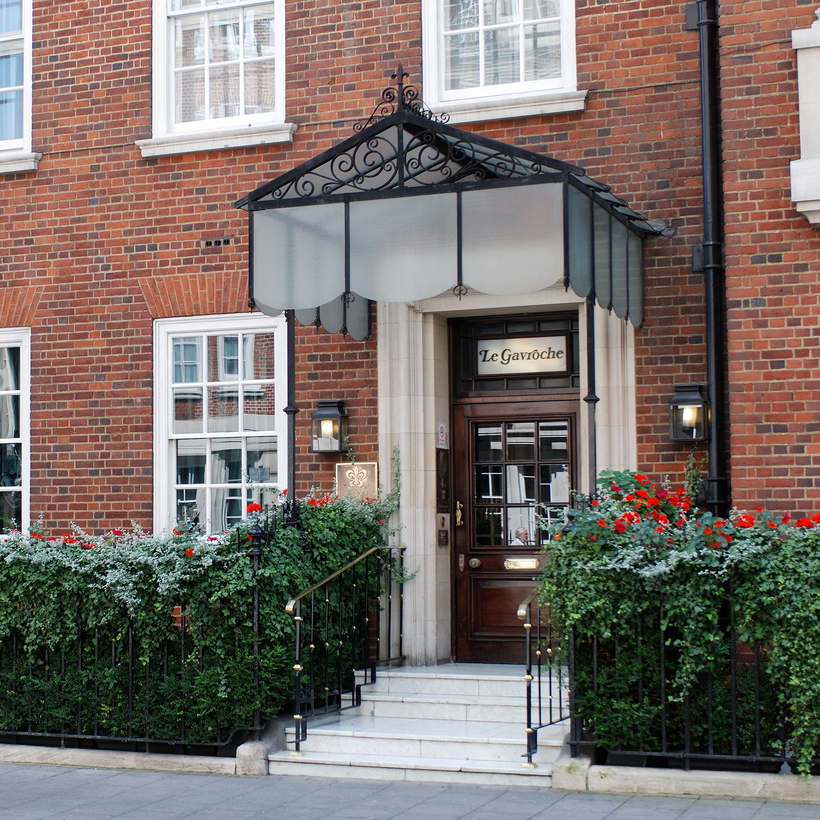Le Gavroche, one of Britain’s most celebrated restaurants, is to close down, Michel Roux has announced.
In an interview with The Times, the chef revealed that the Mayfair restaurant — London’s last bastion of classic French haute cuisine — would close permanently early next year.

